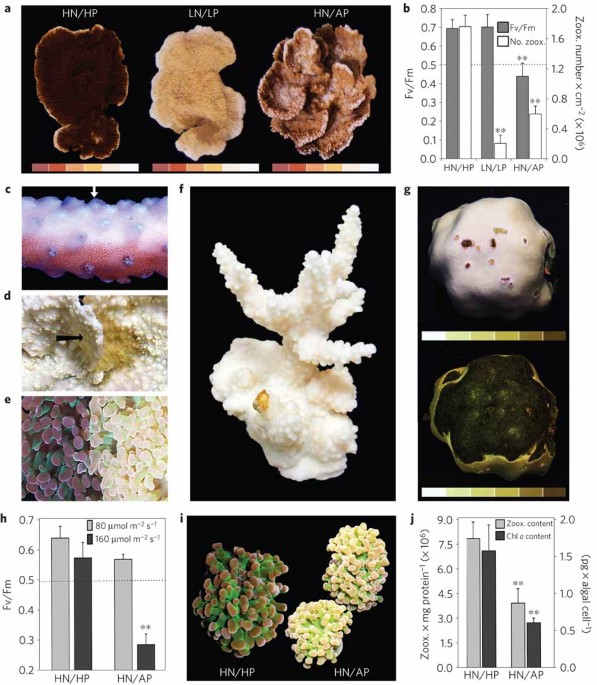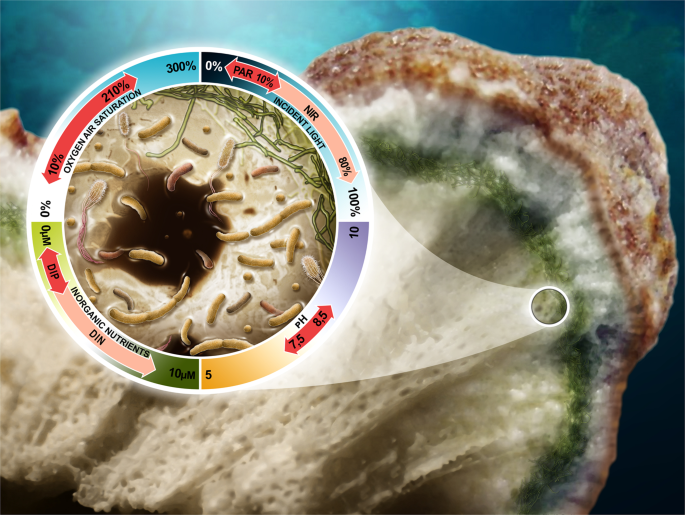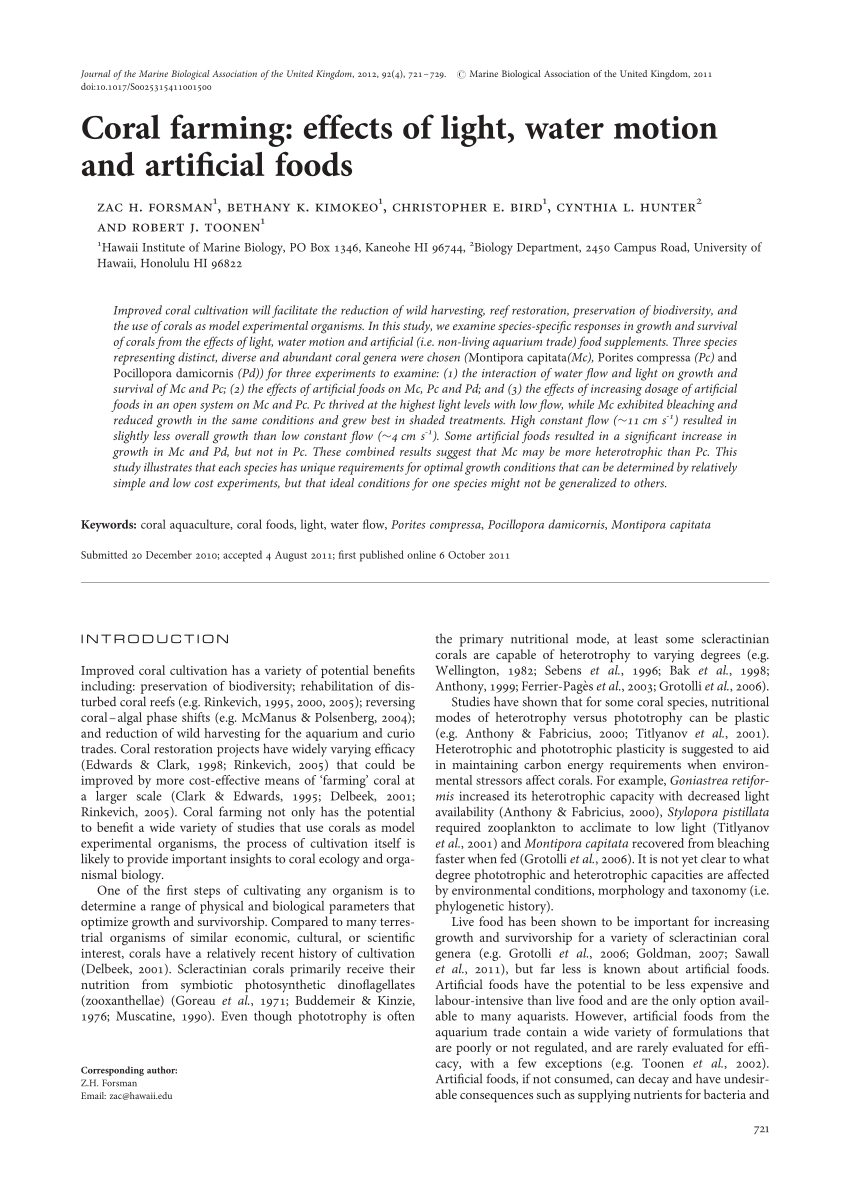Based on what I understand of coral bleaching, the coral doesn't immediately die but expels it's zooxanthellae which is accelerated when exposed to light. Corals can reacquire the symbiotic organisms assuming they are given favorable conditions. Therefore, wouldn't it be feasible that during a power outage the best solution might be to turn the lights off, turn off the skimmer and UV, remove carbon or anything that might filter that which was expelled in hopes that some still have survived and can later reenter the coral? Seems the solution to every disaster is a quick water change yet perhaps best just manage nutrients another way and leave nature alone.
Power outages in my area during a hurricane lasted three days because we have below ground facilities and only exposure is the junctions which are constantly being upgraded. Not looking for how to avoid the power outage issue with backup solutions. Well aware and have concluded that for me not feasible but still the biggest concern I have outside of excess CO2 due to an air tight overpopulated house.
Interesting video
Power outages in my area during a hurricane lasted three days because we have below ground facilities and only exposure is the junctions which are constantly being upgraded. Not looking for how to avoid the power outage issue with backup solutions. Well aware and have concluded that for me not feasible but still the biggest concern I have outside of excess CO2 due to an air tight overpopulated house.
Interesting video





















